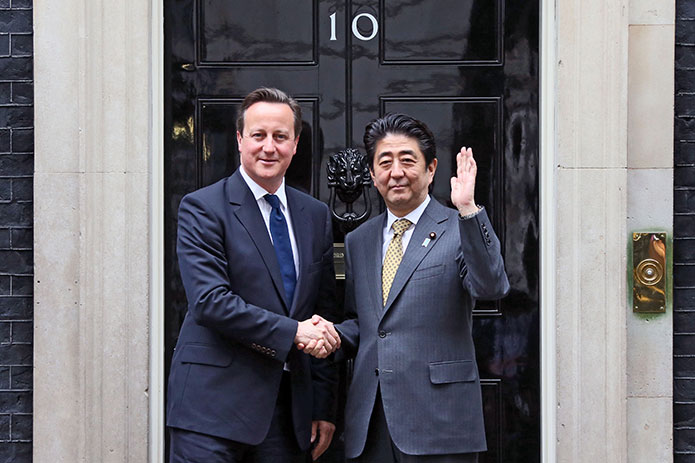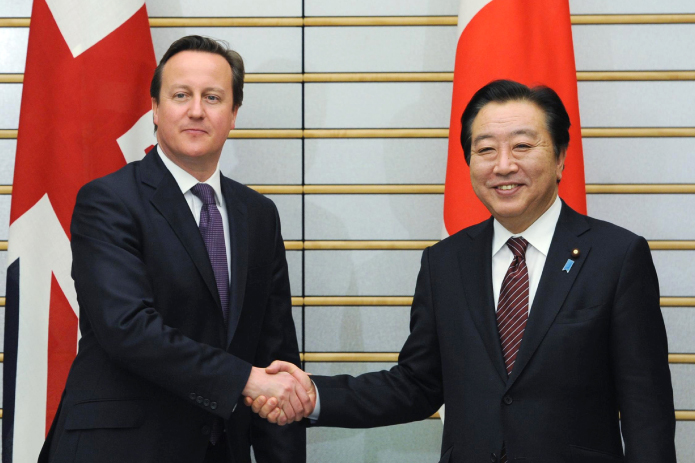The curious case of Yukio Ubukata highlights tension in the ruling Democratic Party of Japan (DPJ) over its internal consultation processes.
Ubukata was dismissed as vice-secretary-general for openly calling for the DPJ’s powerful secretary-general, Ichiro Ozawa, to “account for” his role in the financial scandal surrounding him. He was reinstated when it became clear that he would do less damage to the party if kept within the fold.
But Ubukata was not going quietly. He queried the need for him to leave while “a certain member has faced no consequences despite the arrest of three aides.” Senior DPJ figure Kozo Watanabe also weighed in, questioning the DPJ’s democratic credentials.
Still refusing to be silent, Ubukata has been leading a campaign to revive the DPJ’s Policy Research Council, which was abandoned when the DPJ won office. It was the top organisation in the party’s policy-formulation structure.
Ubukata represents the views of many younger and mid-ranking Diet members, who are dissatisfied with the concentration of policy-making authority in the secretary-general’s office, and the little opportunity for backbenchers to provide policy input. Ozawa’s approach is described as autocratic by those who oppose the current system.
The DPJ had good reasons for abandoning the council, having wanted to make policy processes more transparent and streamlined by dismantling duplicative, party-based policy-making structures. Under the Liberal Democratic Party (LDP), these structures had given enormous power to special-interest politicians, and magnified the influence on policy of vested interests.
The trouble with eliminating party policy-making machinery is what to do with the 350 or so Upper House and Lower House DPJ members who weren’t given a ministry role. Policy-making forums give Diet members up to the middle ranks opportunities to develop their skills, demonstrating them to their colleagues.
In Ozawa’s view, these Diet members should be spending as much time as possible in their electorates, building grassroots support for the party. This is undoubtedly good for the party, but unlikely to appeal to many new-generation politicians, with professional experience in areas such as government ministries or financial institutions.
In response to the problem of Diet members without a cause, the party established policy committees in each ministry, where coalition Diet members could discuss policy with ministers and junior ministers. But participation in these committees fell away when it became clear that they had more the character of one-way information sessions, than genuine opportunities for policy input.
As a compromise, the DPJ senior leadership has decided to establish Policy Research Groups along policy themes. It has also established research teams to review the DPJ’s manifesto ahead of the election.
It remains to be seen whether these groups have a significant impact on policies and, more importantly, whether they satisfy the likes of Ubukata.
But the DPJ is not the only party with problems of internal cohesion. A number of high-profile LDP members, including former Minister of Justice Kunio Hatoyama, who is elder brother of Prime Minister Yukio Hatoyama, have left the LDP to set up new parties. The LDP has not been able to capitalize on the government’s falling popularity and these departures signal an attempt to build a force to take on the DPJ at the Upper House election.
It is more likely that smaller parties outside the ruling coalition, such as Komeito and the Your Party (Minna no To) will pick up any seats that the DPJ loses in the Upper House election. Your Party is aiming to increase its seats in the Diet from six to 20.
Moreover, depending on the outcome of the election, they could hold the balance of power in the Upper House and, therefore, be in a position to influence policy.
The DPJ is, meanwhile, starting to court Komeito. As a party that emphasises social welfare and has pacifist instincts, it is ideologically closer to the DPJ than its ostensible ally, the LDP.
Depending on the outcome of the election, the DPJ may find itself needing to accommodate the views of more external players, in addition to those within its own ranks.





